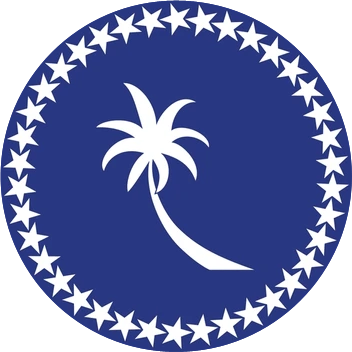Chuukese culture is rich in tradition, deeply rooted in respect, family, storytelling, and the ocean. As one of the four states of the Federated States of Micronesia, Chuuk has its own unique customs, language, and social structure that reflect centuries of island life and ancestral heritage.
Core Values in Chuukese Culture
Respect and Hierarchy
- Respect for elders is a cornerstone—shown in speech, behavior, and seating order.
- Hierarchical structure exists within families, clans (winis), and villages.
- Speaking softly and avoiding direct confrontation is seen as polite and respectful.
Family and Clan Identity
- Extended families (sán) often live together and support each other communally.
- Clan affiliation determines social roles, inheritance, and sometimes land rights.
- Kinship ties are matrilineal in many outer islands.
Traditional Customs and Practices
Language
- Chuukese (Chuukese language) is the primary spoken language, with several dialects across islands.
- English is taught in schools and used in formal or government settings.
Traditional Attire
- Women may wear murou (wrap skirts), and men sometimes wear lava-lava or western clothes.
- Traditional dress is often worn during dances, ceremonies, and church events.
Architecture
- Faluw (meeting houses): Open-sided wooden structures with thatched roofs—central to community gatherings and decision-making.
- Homes are built to be low, airy, and hurricane-resistant.
Music, Dance, and Storytelling
Dance
- Performed during celebrations, rituals, and welcoming ceremonies.
- Movements are deliberate and storytelling-based, often involving group formations.
Chanting and Singing
- Traditional chants (kús) preserve history and genealogy.
- Youth often blend traditional music with modern styles (e.g., ukulele covers, reggae, and gospel).
Food and Feasting
Staple Foods:
- Breadfruit, taro, cassava, banana, and coconut.
- Seafood: reef fish, octopus, sea cucumber, and coconut crab.
- Umw (earth oven) cooking is used for large feasts.
Communal Feasts:
- Held for weddings, funerals, and village events.
- Often include performances, speeches, and ceremonial gift exchanges.
Spiritual Life and Religion
- Christianity is the dominant religion—Catholic and Protestant denominations are most common.
- Churches are central to daily life, and Sunday is reserved for rest, worship, and family.
- Traditional beliefs persist in some areas, especially around sacred sites and ancestral spirits.
The Sea and Cultural Identity
- The ocean plays a central role—both spiritually and practically.
- Traditional skills like canoe carving, navigation, and fishing are still taught.
- Respect for the sea is tied to stories of creation, protection, and sustenance.
Tips for Visitors
| Cultural Tip | What to Do |
| Dress modestly | Especially near villages or churches |
| Always greet with politeness | A smile and simple “Ran annim” (good day) works |
| Ask before taking photos | Especially during ceremonies or near sacred places |
| Bring small gifts if visiting homes | It’s a sign of respect |
| Don’t rush conversations | Take time to listen and be present |


 facebook
facebook  Whatsapp
Whatsapp 